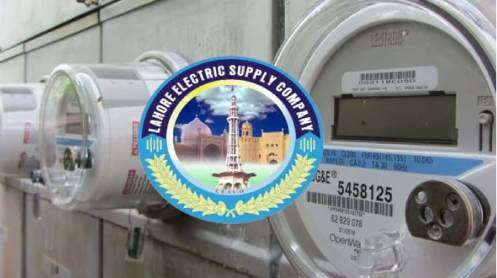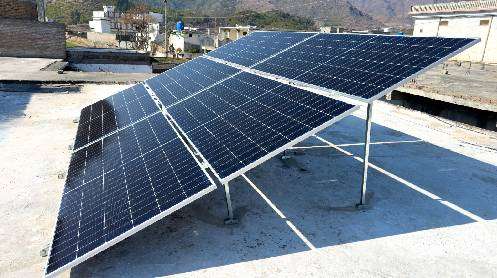A new World Bank study based on current projections says Pakistan needs to carry out competitive bidding for more than 11 gigawatts (GW) of solar and wind power capacity between now and 2028 to ensure that future procurement of variable renewable energy is carried out strategically, transparently, and at least-cost.
Unfortunately, competitive bidding for new power capacity in Pakistan has yet to be implemented, delaying the expected benefits to consumers in terms of lower generation costs and the much-needed transition to a more secure, sustainable and affordable electricity sector, the study notes.
With 1,700 megawatts (MW) of solar and wind power capacity installed as of September 2021 against a target of 12,900MW by 2030, 11,200MW must be installed between now and then. According to the Variable Renewable Energy Competitive Bidding Study, two years of allowable project development means that procurement of this additional capacity must be completed by the end of 2028.
Considering the volume of capacity outlined, and the rate of past development (1,700MW) installed over roughly ten years), it should be clear that a phased approach beginning in 2022 is required. This will deliver immediate fuel savings (even after allowing for capacity payments) and help ensure that the country does not end up with a power supply deficit in the middle of this decade.
The actual figure may need to be higher than this if capacity from other sources is delayed or does not materialise, or if demand increases by more than expected. Indeed, a recent analysis by the World Bank suggests that the “least-cost” generation mix would see at least 20GW of solar and wind added by 2030. Even allowing for some reduction due to lower demand projections since then, 11GW of additional solar and wind should be seen as the minimum that would be added over the next six years, the study says.
Furthermore, the study says, early action will be critical to build the capacity of the relevant procuring authorities, allow for early lessons to be incorporated into the competitive bidding regime, and ensure that the private sector has the stability and predictability to bring forward competitive projects.







